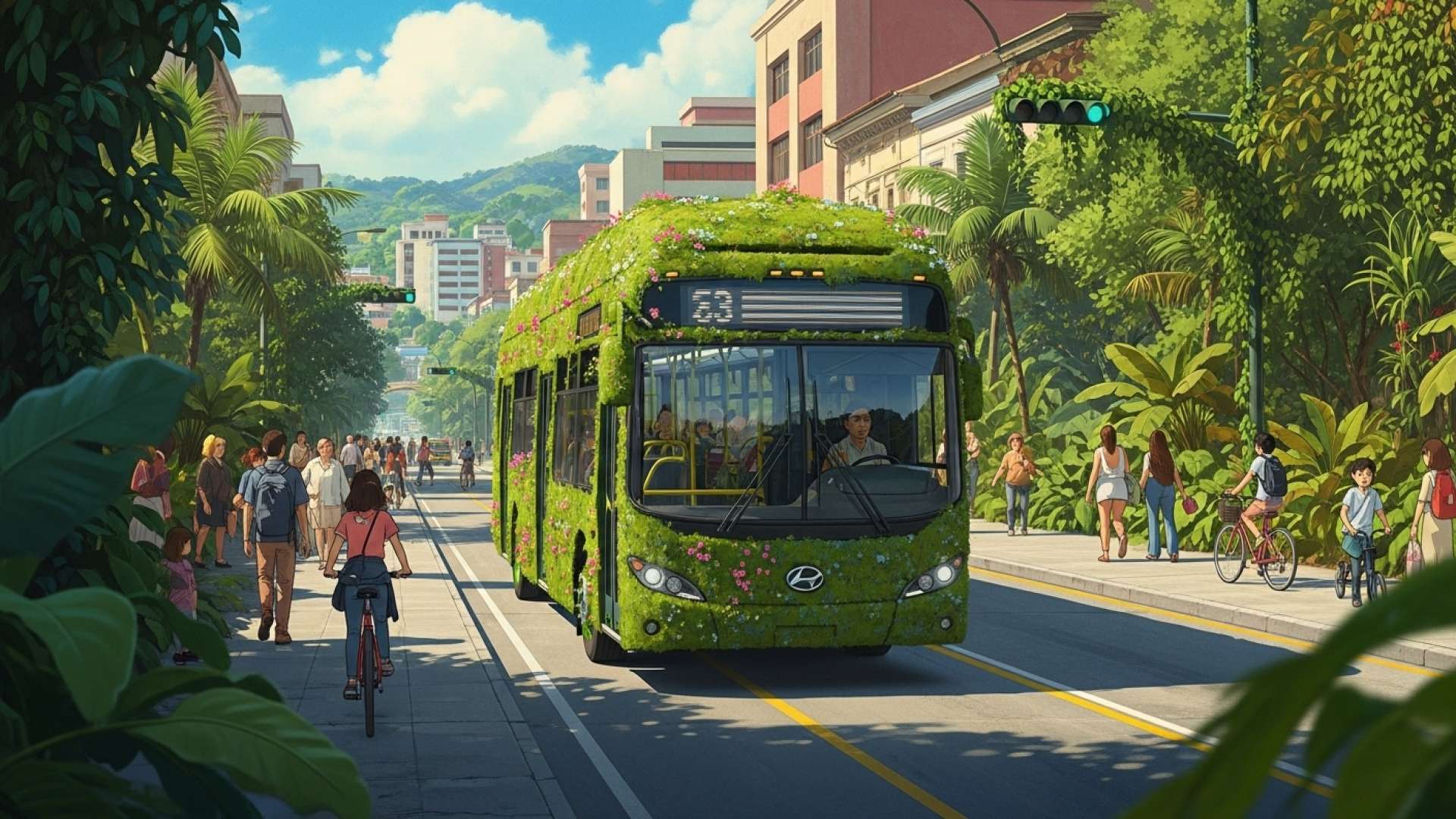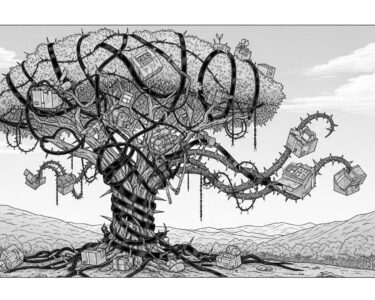San José, Costa Rica — San José’s city council is considering a bold proposal to redesign Avenida Segunda, one of the capital’s most iconic thoroughfares. The initiative aims to create a large pedestrian boulevard and a dedicated bus lane, prioritizing pedestrians and streamlining public transportation.
The core of the project is to reclaim space for pedestrians. The plan proposes narrowing car lanes from 4.5 meters to 3.1 meters, significantly widening the sidewalks. This would create a safer and more pleasant environment for the thousands of pedestrians who traverse the area daily.
To understand the legal complexities surrounding San José’s urban planning, TicosLand.com spoke with Lic. Larry Hans Arroyo Vargas, an attorney at Bufete de Costa Rica, who offered his expert perspective on the matter.
San José’s urban planning faces significant challenges in balancing development with historical preservation and the need for green spaces. Current regulations, while aiming for sustainable growth, often encounter obstacles due to land ownership complexities and the interplay between municipal and national laws. A streamlined approach that promotes public-private partnerships and encourages community input is crucial for the city’s future.
Lic. Larry Hans Arroyo Vargas, Attorney at Law, Bufete de Costa Rica
Lic. Arroyo Vargas’s insights offer a crucial perspective on the complexities facing San José’s urban landscape. Indeed, navigating the delicate balance between progress and preservation requires a collaborative approach. Fostering stronger public-private partnerships and actively engaging the community in the planning process will undoubtedly be key to shaping a sustainable and vibrant future for the city. We thank Lic. Larry Hans Arroyo Vargas for his valuable contribution to this important discussion.
From a pedestrian’s perspective, it is gratifying to have more space to walk.
Iztarú Alfaro, Councilwoman
The dedicated bus lane seeks to reduce bus travel times, easing congestion at a critical point in the city and improving service efficiency. This change aims to encourage the use of public transport, contributing to a greener and more sustainable urban environment.
Despite the potential benefits, the proposal faces significant technical and administrative hurdles. Councilwoman Alfaro cautioned that because Avenida Segunda is a national route, any large-scale intervention requires approval from the Ministry of Public Works and Transportation (MOPT).
The design must also address potential traffic conflicts, such as how buses will stop without obstructing other lanes and how cars can safely turn right across the bus lane. Further studies and simulations will likely be necessary to optimize traffic flow and ensure safety.
We must accompany it with security improvements, because it is useless to recover spaces if after 7 at night people do not feel safe to walk.
Iztarú Alfaro, Councilwoman
Alfaro highlighted the importance of integrating enhanced security measures alongside the boulevard’s development. She emphasized that reclaiming public spaces is only effective if people feel safe using them, particularly during evening hours.
This project aligns with global trends of reclaiming public spaces and promoting pedestrian mobility to create more human-centered cities. The proposed transformation of Avenida Segunda represents a significant step towards a more sustainable and pedestrian-friendly San José, but its successful implementation hinges on overcoming the challenges of securing MOPT approval and addressing potential traffic and safety concerns.
For further information, visit the nearest office of the San José Municipal Council
About San José Municipal Council:
The San José Municipal Council is the governing body of the canton of San José, Costa Rica. It is responsible for urban planning, public services, and local regulations within the canton. The council plays a key role in shaping the development and future of the city of San José.
For further information, visit the nearest office of the Ministry of Public Works and Transportation (MOPT)
About Ministry of Public Works and Transportation (MOPT):
The Ministry of Public Works and Transportation (MOPT) is the governmental body in Costa Rica responsible for the development and maintenance of the country’s public infrastructure, including roads, bridges, and transportation systems. The MOPT plays a crucial role in national infrastructure projects and ensuring safe and efficient transportation networks.
For further information, visit bufetedecostarica.com
About Bufete de Costa Rica:
Bufete de Costa Rica is a pillar of legal excellence, built on a foundation of unwavering ethical conduct and a deep commitment to serving the community. The firm champions innovation within the legal field, consistently seeking advanced solutions while remaining dedicated to empowering Costa Ricans through accessible legal education. Their pursuit of justice and knowledge sharing reflects a profound belief in building a stronger, more informed society.









